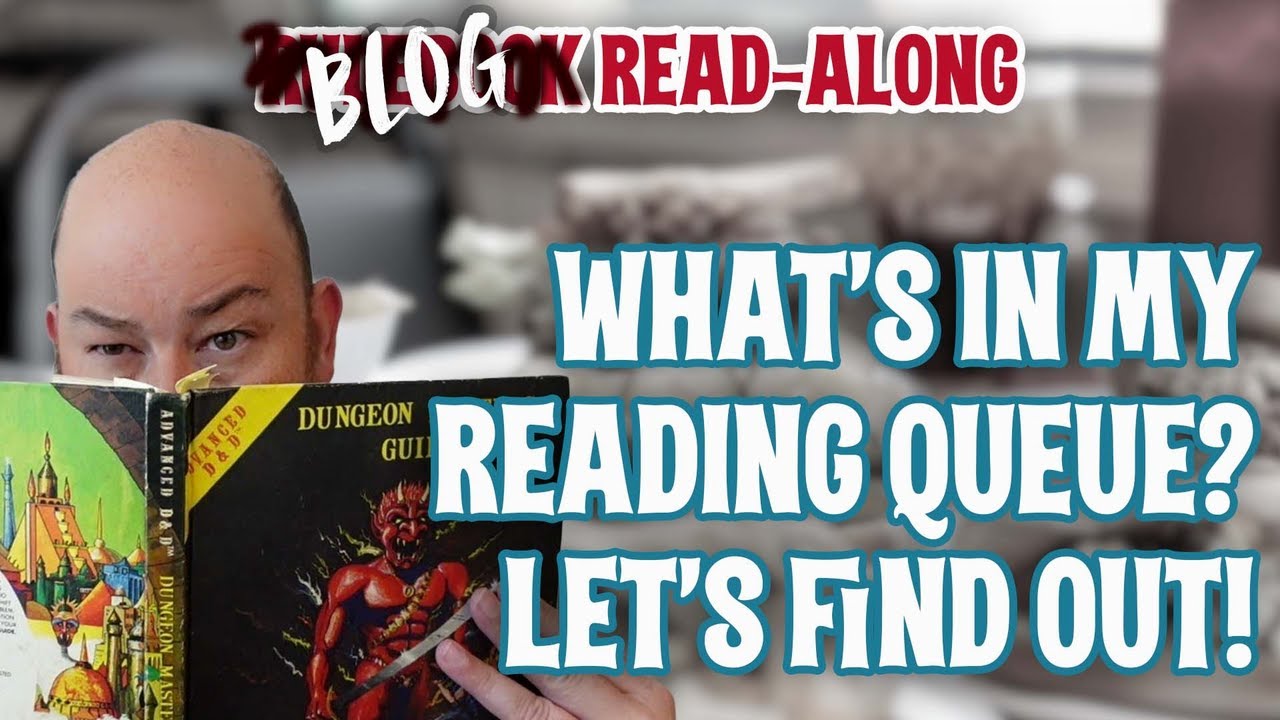Here is some DM advice I see a lot. “Only spend time making things your PCs are going to see. Doing more is a waste of time.” I will call this ‘the advice’. It sounds sooo right, but I think this is BAD advice and following it will stop you from becoming a great DM.
But first I’ll admit that there is some wisdom in it. You don’t want to get burnt out spending 80 hours on background material for a 4 hour session, or worse not run the session at all because you think you have to put 80 hours into making up the background.
Ok, on to why you should make up background and history your PCs will never see.
Because if you only know the bare minimum, the things you HAVE to know, you’ll have nothing left to pull improvisation from. Your game might be fine, but it will be flat and reductionist… Things your PC’s can’t see inform and affect things they can see.
If you want to make an engaging world, with NPCs that have understandable psychologies, and events and settings that seem alive and fully realized… the tool that lets you do that is an understanding of the history and background that are outside the view of your players.
Doing this allows you to improvise answers to random PC questions. Sometimes when the PC’s ask you a question that you haven’t prepared an answer for it breaks your players immersion. Is there a glass blower in the town? What subjects are covered in the Baroness’ library?
As you flail around trying to answer these questions it becomes clear the setting is a fiction. The DM is just making it up.
If you have made up history and background beyond what your PCs can see, not only will you be able to easily answer these questions, but your answers will make the world seem more real, not less real.
Let’s look at an example from my current campaign. I needed the setting to have only 1 NPC wizard. This was the thing the players would see, so if I had followed ‘the advice’, that’s all I should make up. Anything else is a waste of time. But instead I came up with the reason there’s only one wizard in the area. In the past a religious uprising killed or ran out all the other wizards. I have no reason to think the PCs will ever see this. Most of the villagers will not talk about it with outsiders for fear of reprisals, and the one wizard left is traumatized and reclusive.
When my players entered the town, one PC asked if there were any wizards in town. No problem as the DM I had prepared the answer to this question. The answer is “just one”. If I had followed ‘the advice’ that’s all I would have known. But because I had made up ‘the history my players would never see’, I knew more. I knew how the townsperson would perceive the question and how he would flavor his answer. He said “Yes, actually. One, in that tower over there. But she hasn’t caused any problems in a long time and will leave you alone”.
I am able to give this random NPC, who I have thought nothing about, a psychology that colors how he answers the question. He said, “Yes actually” because he views the wizards presence as unusual, and frames the rest of his answer as if the presence of a wizard is a problem, a potentially dangerous problem.”
Days later another PC (who is a glass blower) asked if there was a glassblower in town. This time as the DM I haven’t prepped the answer for this. If I had followed ‘the advice’ I could roll a dice, or just say yes. Neither answer makes the world seem more real. But because I made ‘the history my players would never see’ I KNEW the answer even though I had never thought about it. During the religious fervor, craftsmen like glassblowers and paper makers, who the populace associate with wizards (in this world) were also no longer welcome in the area. So when a PC asks “are there any glassblowers”, I could answer “He frowns slightly and shakes his head without making eye contact and says No, no glass blower in town.”
My contention is that if you have history and background your PCs can’t see, it informs the things they can see, making them more real, deep, and engaging. And in this example that is exactly what happened. After the PC asked about glassblowers, another PC pulled him aside and said, “I wouldn’t spread around that you know glassblowing. I don’t think this town likes wizards very much or the people that make their glassware.”
Making ‘history the player could not see’ improvise answers to PC questions and let me inject so much realism into the world that a player understood that the townsperson didn’t like glassblowers without me saying he didn’t like glassblowers, AND the player was able to connect it to the towns dislike of wizards.
When I made up this campaign I had no way of knowing a PC would be a glassblower, or would ask about it. No reason to think about how I would answer the question of if there was a glass blower in town, but because I thought up the ‘history the players wouldn’t see’ I was able not just to give an answer that was consistent with the world but give a deep answer that hinted at a real world the players only ever see the surface of.

